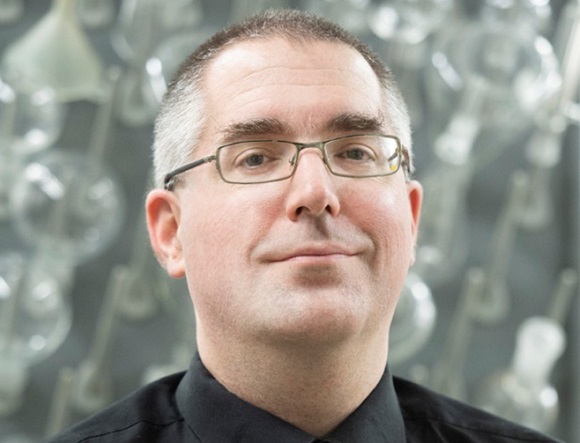
과제 & 연구자
큰 꿈을 향한 무한탐구의 연구열정,
삼성미래기술육성사업이 응원하며 함께 하겠습니다.

Synthetic organic chemistry provides a growing global population with the chemicals it needs to thrive: pharmaceuticals, agrochemicals, and materials for construction, engineering, transportation or electronics. However, the chemical industry is overly reliant on fossil fuels, and in particular crude oil, as the ultimate feedstocks to produce nearly every organic chemical or material. Reliance upon platinum-group metals, which are among the least abundant elements in the Earth’s crust, as catalysts to achieve the transformation of these feedstocks into valuable chemicals is also unsustainable. The difficulty of accomplishing the transition away from fossil fuel-derived chemical feedstocks and towards sustainable sources is compounded by the need for new chemistry to be developed to achieve this goal. The transformation of petroleum into useful fine chemicals predominantly relies on oxidative transformations: π-bond formation through the cracking of alkanes, and the addition of heteroatom functionality to hydrocarbons. By contrast, conversion of the renewable biomass instead requires the removal of oxygen atoms from the natural precursors. Therefore, new deoxygenative synthetic transformations must be developed to enable the conversion of sustainable biomass-derived feedstocks into useful chemicals.
Alkenes are ubiquitous in synthetic targets and versatile as intermediates. Carbon-carbon bond-forming reactions that yield alkenes are therefore uniquely important in organic synthesis. The objective of this project is the development of new practical synthetic methods for the deoxygenative synthesis of alkenes starting from carbonyl compounds, which conceptually represents the reverse of an ozonolytic cleavage reaction. Although numerous reactions for the preparation of alkenes are known, there currently exists no highly reliable, catalytic and broadly functional group compatible method capable of accomplishing the above transformation. Whereas previous metathetic approaches for the preparation of alkenes have relied on transition metal complexes, the organocatalytic deoxygenative dicarbonyl-olefin metathesis (ODDCOM) reactions yielding alkenes will here be achieved using main-group element species able to mimic the reactivity of metal centers. The ability to prepare alkenes from biomass-derived carbonyl feedstocks without recourse to either transition metals complexes or base metals and their salts is expected be advantageous in the sustainable preparation of pharmaceuticals or organic electronics materials free of residual metal impurities.
Synthetic organic chemistry provides a growing global population with the chemicals it needs to thrive: pharmaceuticals, agrochemicals, and materials for construction, engineering, transportation or electronics. However, the chemical industry is overly reliant on fossil fuels, and in particular crude oil, as the ultimate feedstocks to produce nearly every organic chemical or material. Reliance upon platinum-group metals, which are among the least